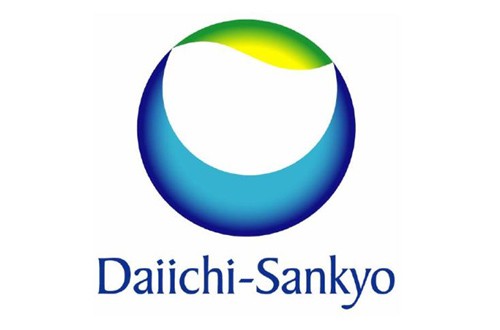
A partnership between Seattle Genetics and Japan’s Daiichi Sankyo on antibody-drug conjugates, which ended in 2015, has sparked a lawsuit between the two companies.
The dispute covers multiple drugs in Daiichi’s ADC pipeline, including DS-8201 (trastuzumab deruxtecan), a HER2-targeting drug for breast cancer licensed by AstraZeneca for $1.35bn upfront earlier this year.
Seattle and Daiichi worked on ADC drugs for various solid tumour indications between 2008 and 2015, with the Japanese company paying $4m upfront in the deal. At the time, it was reported that the alliance involved Daiichi licensing a technology used to link cell-killing compounds to the antibody component of ADCs.
Daiichi said today that Seattle Genetics is “claiming certain intellectual property rights related to Daiichi Sankyo’s ADC products”, a stance which it insists is “without merit”.
The original agreement between the companies cover ADCs which are “distinct from ADC products currently being developed in the Daiichi Sankyo pipeline,” it claims. There’s no word yet on whether this will have any bearing on its deal with AZ, which is worth up to $6.9bn.
Seattle meanwhile asserts that the linker technology being used in Daiichi’s ADCs – including DS-8201 – is covered by the earlier agreement.
“The linker and other ADC technology used in these drug candidates are improvements to Seattle Genetics’ pioneering ADC technology, the ownership of which are automatically assigned to Seattle Genetics under the terms of the agreement,” it said in its own statement on the legal dispute.
Seattle suggests the two parties have been trying to resolve the dispute out of the courts, but that Daiichi has now decided on litigation to bring the matter to a conclusion.
DS-8201 has been granted a priority review from the FDA, setting up a potential approval in the second quarter of 2022, and has been tipped by analysts to become a $2bn product in 2024, with additional upside if Daiichi and AZ can expand its use into tumours that express lower levels of the HER2 biomarker than would ordinarily warrant HER2-targeted drugs.
ADCs feature prominently in Daiichi’s oncology pipeline, with additional candidates in early stage testing for breast cancer, non-small cell lung cancer (NSCLC) and other solid tumours, including anti-HER3 ADC U3-1402, TROP2-targeting DS-1062 and DS-7300, which targets B7-H3 and started a phase 1/2 trial last month.




